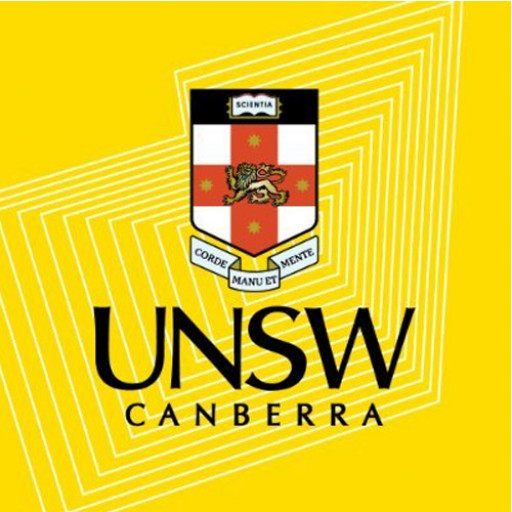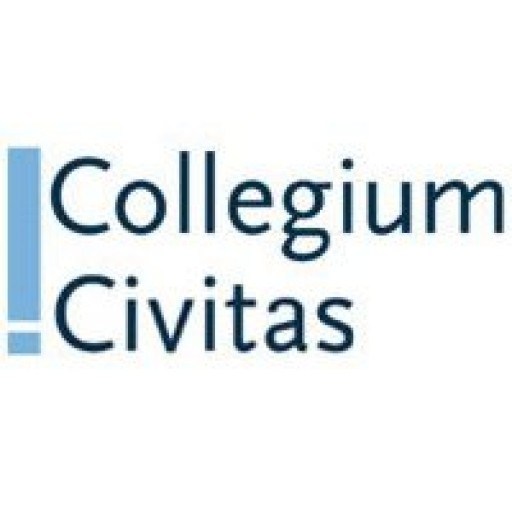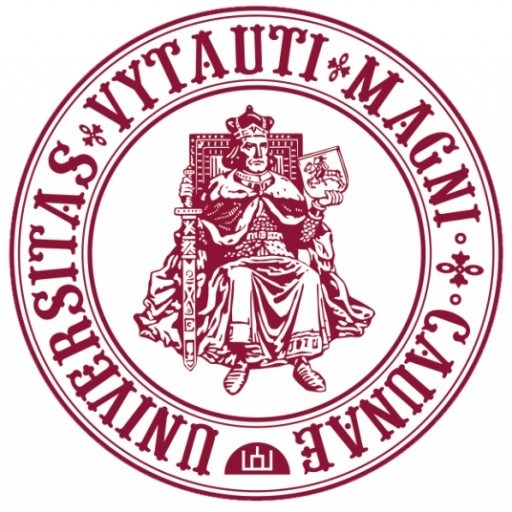Photos of university / #oxford_uni
Diplomatic Studies at the University of Oxford is a comprehensive postgraduate program designed to equip students with a deep understanding of international diplomacy, foreign policy, and international relations. This program offers an interdisciplinary curriculum that combines theoretical frameworks with practical insights into diplomatic practices, enabling graduates to pursue careers in diplomatic service, international organizations, government agencies, and policy analysis. Students engage with core subjects such as international law, negotiation and conflict resolution, diplomatic history, and global security, while also exploring contemporary issues like climate diplomacy, cybersecurity, and human rights. The program emphasizes critical thinking, analytical skills, and effective communication, preparing students to navigate complex international environments and advance diplomatic solutions. Delivered by leading academics and practitioners in the field, the course fosters a vibrant academic community with opportunities for internships, seminars, and collaborative projects. Participants benefit from Oxford's extensive resources, including access to world-renowned research centers and libraries. The program typically spans one year for full-time students and provides a rigorous, intellectually stimulating environment that encourages engagement with real-world diplomatic challenges. Graduates of the Diplomatic Studies program emerge as well-rounded professionals capable of contributing to international peace and security, diplomatic negotiations, and policy development. The program also emphasizes ethical considerations and cultural awareness, vital components for effective diplomacy in an interconnected world. Whether individuals are seeking to start a career in diplomacy or enhance their existing expertise, this program offers a distinctive educational experience grounded in Oxford’s tradition of academic excellence and global engagement.
The core curriculum comprises an intensive course on aspects of current diplomatic practice, and the study of international politics, public international law and international trade and finance. Emphasis is placed on national and regional issues relevant to countries and regions from which the participants come.
The course centres on lectures, seminars and tutorials in which you will meet your tutors in small groups and discuss your work. There are practical exercises, for example in negotiation, crisis management, public speaking and handling media interviews. There are guest speakers, both professional and academic, and occasional guest dinners throughout the year. Contact hours would typically amount to 64 lectures/seminars, 14 classes and 35 tutorials. Preparation for these is self-directed work.
You will be encouraged to take advantage of the broad range of opportunities available to you as a member of the University, for example by attending lectures held elsewhere in the University and/or by improving your knowledge of other languages.
Study tours
As part of the course in diplomatic practice, the FSP includes study visits to government departments, international organisations and business and media institutions in the United Kingdom and elsewhere in Europe. A study tour to Northern Ireland may also take place..
More information on the ground covered by the curriculum included in a normal year's programme is given in the FSP course outline.
Languages
The working language of the course is English. You will be accepted only if you can demonstrate that you possess the necessary English language skills.
For non-native speakers, advanced English language classes are an integral part of the Foreign Service Programme. One advantage of the course is the opportunity it offers to build up and polish to a very high and sustained standard of effectiveness and fluency your command of the English language, the major international and diplomatic language in today's world.
Applicants are normally expected to be predicted or have achieved a first-class or strong upper second-class undergraduate degree with honours (or equivalent international qualifications), as a minimum, in any relevant subject.
For applicants with a degree from the USA, the minimum GPA sought is 3.5 out of 4.0.
The requirement for a first-class or strong upper second-class degree with honours can alternatively be demonstrated by relevant professional experience. If you have experience of diplomacy or a related field, you are encouraged to apply if your marks are equivalent to at least an upper second-class degree or GPA of 3.0.
- Official transcript(s)
- CV/résumé
- Statement of purpose: Up to 300 words
- Supplementary information form
- References/letters of recommendation: Three overall, all of which must be academic
ENGLISH LANGUAGE REQUIREMENTS
Higher level
|
est |
Standard level scores |
Higher level scores |
||
|
IELTS Academic |
7.0 | Minimum 6.5 per component | 7.5 | Minimum 7.0 per component |
|
TOEFL iBT |
100 |
Minimum component scores:
|
110 |
Minimum component scores:
|
| Cambridge Certificate of Proficiency in English (CPE) | 185 |
Minimum 176 per component |
191 |
Minimum 185 per component |
| Cambridge Certificate of Advanced English (CAE) | 185 |
Minimum 176 per component |
191 |
Minimum 185 per component |
Funding for the Diplomatic Studies programme at the University of Oxford is typically available through a range of sources including university scholarships, bursaries, and external funding opportunities. Prospective students are encouraged to explore various funding options early in their application process to ensure they can meet the financial requirements of the programme. The University of Oxford offers several prestigious scholarships such as the Clarendon Fund, which provides full or partial funding to outstanding students across all disciplines, including Diplomatic Studies. Additionally, departmental scholarships or specific bursaries may be available for students demonstrating exceptional academic merit or financial need. It is also possible for students to seek funding through government-sponsored scholarships, private foundations, or international organization grants, depending on their country of origin and eligibility criteria. The university's financial aid office provides comprehensive guidance on applying for funding and can assist students in identifying suitable sources of financial support. Students are advised to carefully review the eligibility criteria, application deadlines, and required documentation for each funding opportunity. Moreover, students may consider external loan options or part-time work arrangements permitted under UK student visa regulations to supplement their funding. Funding packages often cover tuition fees, living expenses, health insurance, and other related costs, but the extent of coverage varies depending on the specific scholarship or bursary awarded. For international students, additional financial considerations include currency exchange rates and international student fees, which can influence overall funding needs. The university encourages applicants to plan their finances carefully and to seek advice from academic and financial advisors to ensure they can fully participate in the programme without undue financial hardship. Overall, securing adequate funding is a crucial component of the preparation process for prospective students of Diplomatic Studies at Oxford, and early, proactive engagement with available funding sources can significantly enhance the likelihood of successful financing of their studies.
The Master of Science in Diplomatic Studies at the University of Oxford is a comprehensive program designed to equip students with the essential knowledge and skills required for careers in diplomacy, international relations, and global policy-making. The program provides an in-depth understanding of the theoretical foundations of diplomacy, international law, and global governance, alongside practical skills in negotiation, communication, and conflict resolution. It is aimed at recent graduates, early-career professionals, or individuals seeking to enhance their expertise in diplomatic affairs. The curriculum typically includes core modules such as International Relations Theory, Diplomacy and Negotiation, International Law, and Global Security, complemented by optional courses allowing students to specialise in areas like regional studies, global economy, or security studies. Students are encouraged to engage with various case studies, participate in simulated diplomatic negotiations, and undertake independent research projects. The program often features guest lectures from leading diplomats, policymakers, and scholars, providing practical insights into current diplomatic challenges. As part of the unique academic experience at Oxford, students benefit from small class sizes, personalized mentorship, and access to extensive resources including academic libraries and research centers. The program aims to develop not only academic understanding but also practical skills such as strategic thinking, intercultural communication, and policy analysis, preparing graduates for careers in government, international organizations, research institutes, or the private sector. Completion of this program can lead to opportunities in diplomatic service, international consulting, or further academic pursuits in international relations or law. Overall, Oxford’s Diplomatic Studies program is recognized for its rigorous academic standards, influential faculty, and its network of alumni who have gone on to prominent roles in diplomacy and international affairs.






